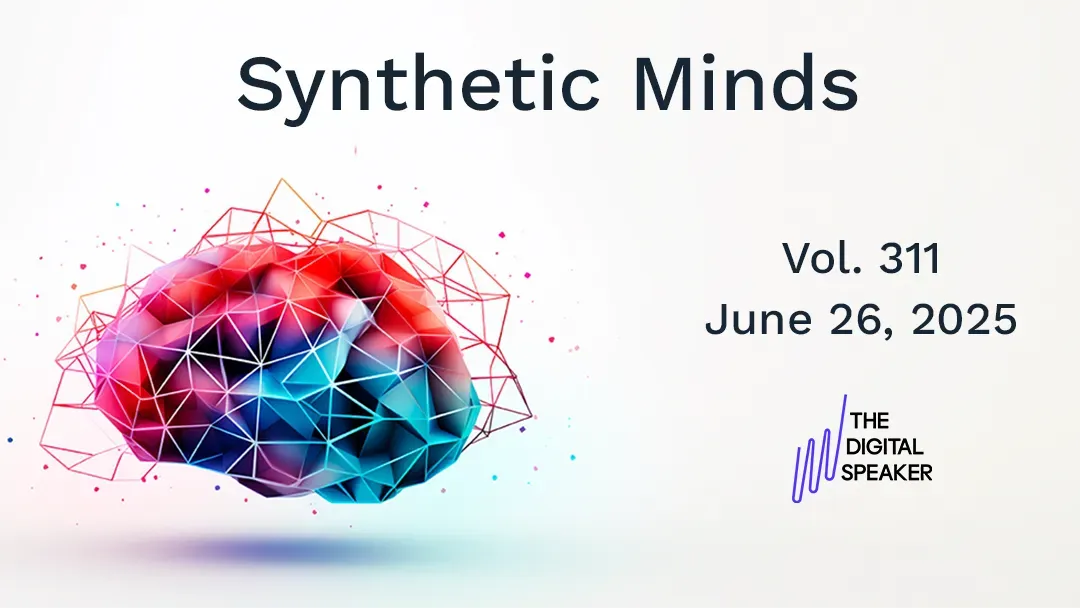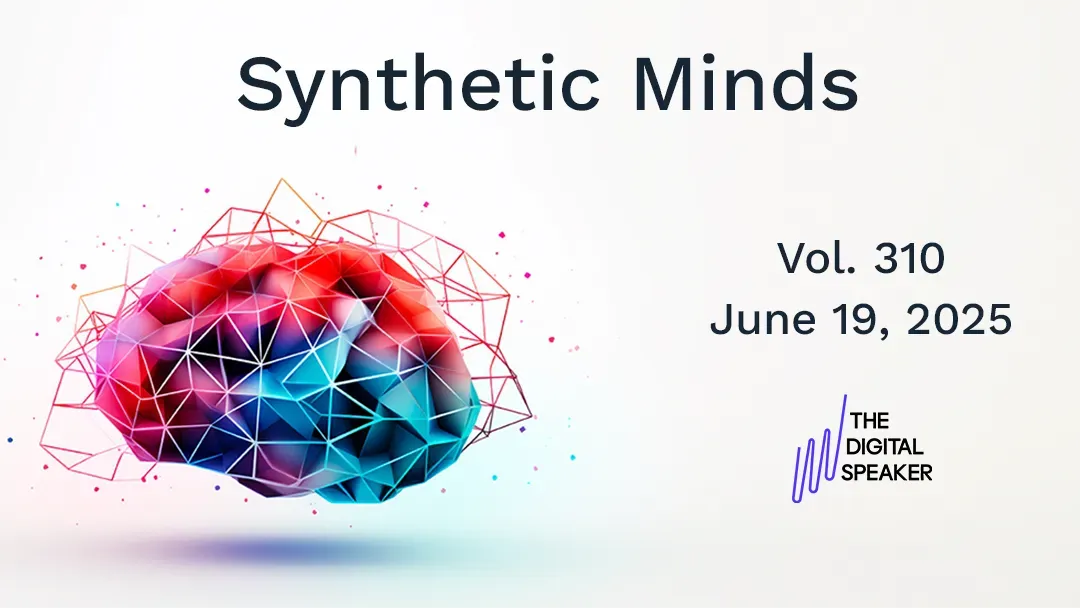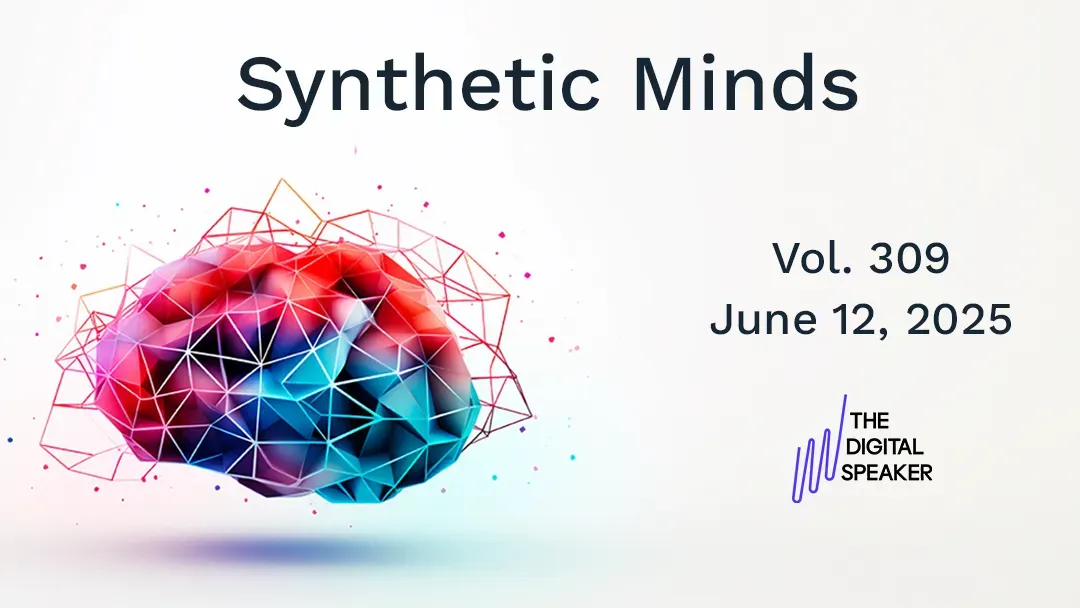Synthetic Minds | AI Futures: Ethics, Safety, Innovation
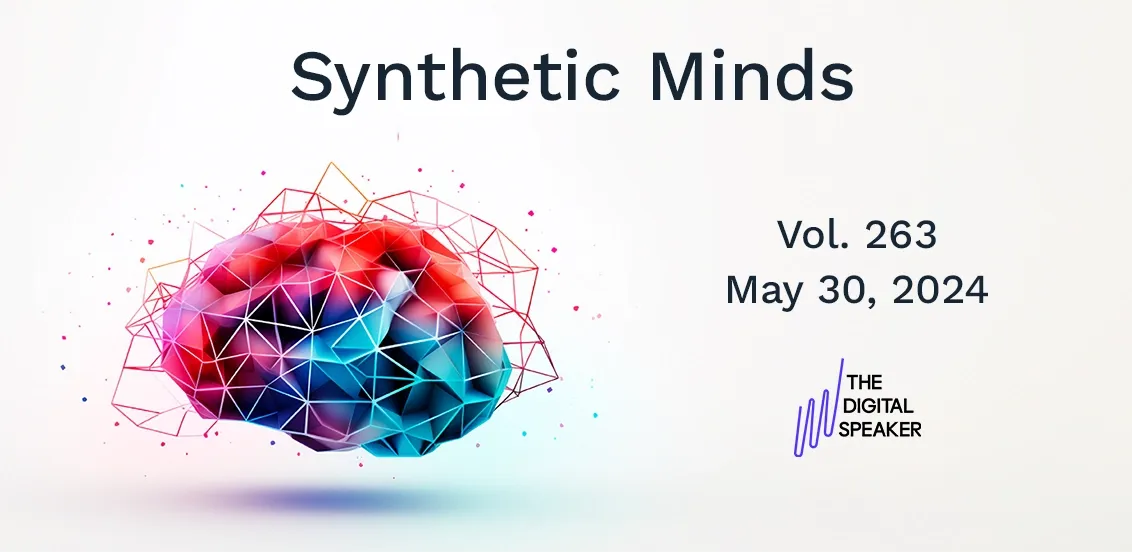
'Synthetic Minds' serves as a mirror to the multifaceted, synthetic elements that are beginning to weave into the fabric of our society. The name acknowledges the blend of artificial and human intelligence that will shape our collective future, posing incredible opportunities and ethical dilemmas.
Telling Stories to Envision the Future with Brenda Cooper
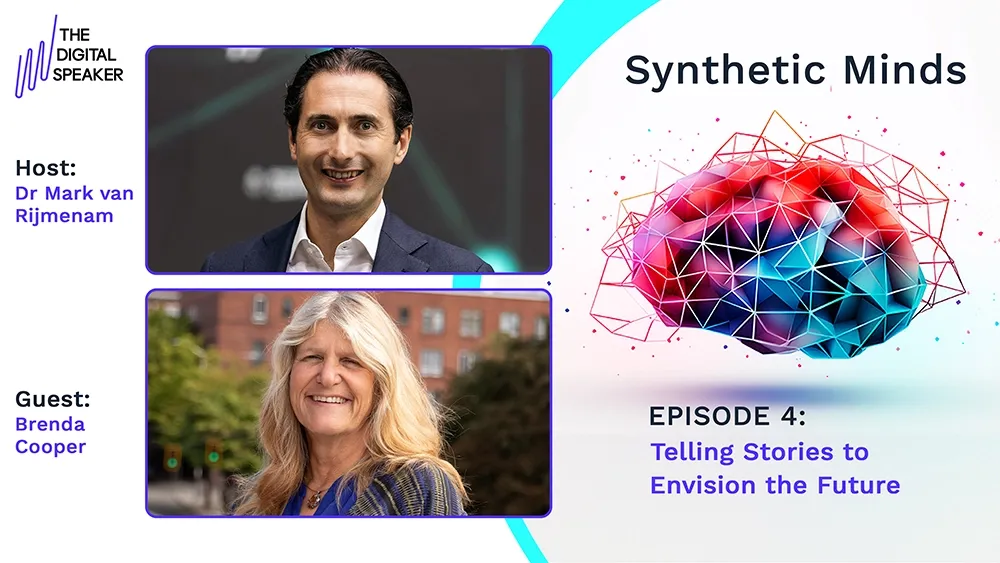
My new podcast - episode 4
In this episode of Synthetic Minds, I explore how science fiction can serve as a powerful tool for strategic foresight. My guest, Brenda Cooper, a celebrated author and technologist, shares her unique perspective on the intersection of technology and society.
Brenda highlights the rapid pace of technological change and its profound implications. Her work in integrating basic AI and robotics in construction exemplifies practical applications, while her narratives envision more advanced and autonomous futures. For instance, her novel "Edge of Dark" delves into ethical dilemmas posed by advanced AIs, urging us to consider the long-term impacts and unintended consequences of our technological advancements.
Brenda’s insights encourage us to harness the power of futures thinking, ensuring that our technological advancements are not only innovative but also ethical and sustainable. How can we better integrate these visionary perspectives into our strategic planning? Enjoy!
Synthetic Snippets: Quick Bytes for Your Synthetic Mind
Quick, curated insights to feed your quest for a better understanding of our evolving synthetic future. The below is just a small selection of my daily updates that I share via The Digital Speaker app. Download and subscribe today to receive real-time updates. Use the coupon code SynMinds24 to receive your first month for free.
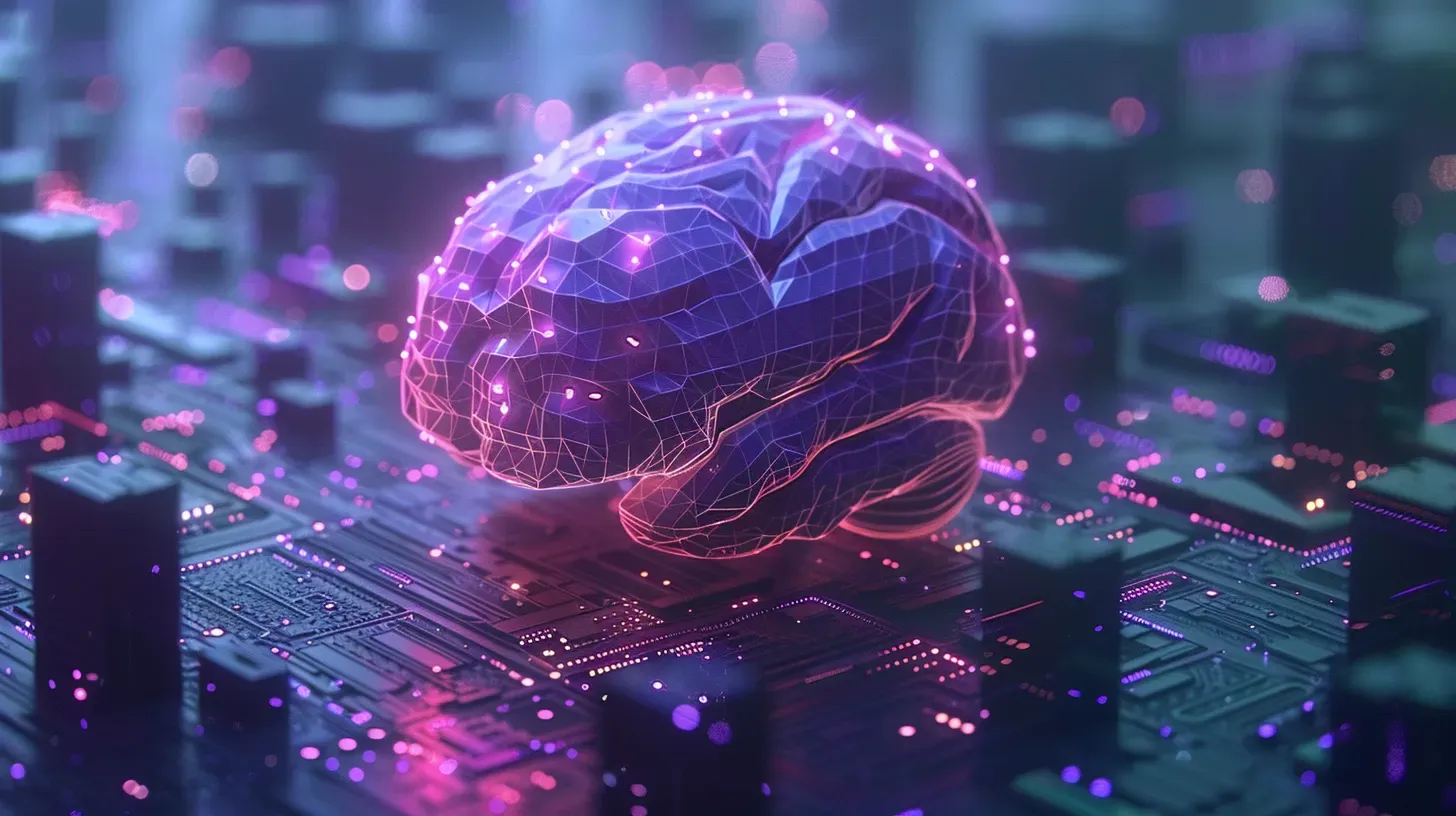
1. BRAIN HACKING: PRECISION NEUROSCIENCE SETS NEW RECORD WITH 4,096 ELECTRODES
Precision Neuroscience has revolutionized brain-computer interfaces by integrating 4,096 electrodes into a human brain, doubling the previous record. Their non-invasive Layer 7 Cortical Interface enhances our understanding of brain activity, offering profound implications for patients with paralysis and sparking debates on the ethical dimensions of such advanced technological integrations. (Ars Technica)

2. AI KILL SWITCH: TOO LITTLE, TOO LATE?
At the AI Seoul Summit, tech giants like Google and Microsoft agreed to implement an AI "kill switch" for emergencies, aiming to prevent potential AI-related catastrophes. Yet, the lack of stringent legal mandates and clear risk definitions casts doubt on the sufficiency of these measures.
The focus on a futuristic "Terminator scenario" overlooks pressing issues like misinformation and deepfakes, which already undermine societal trust. While the kill switch is a step towards aligning AI with human values, the absence of enforceable regulations highlights a reactive rather than proactive approach to AI governance. (AP News)

3. GOOGLE AI’S PIZZA GLUE DEBACLE: A SIGN OF DEEPER ISSUES?
Google's AI suggested using glue on pizza to prevent cheese from sliding, highlighting not just a quirky error, but deep systemic issues. This "hallucination" reveals the risks of pushing AI into consumer tools without proper safeguards. Google's oversight in prioritizing innovation over accuracy in its AI Overviews feature raises concerns about misinformation and the reliability of AI-generated content. (Futurism)

4. THE ILLUSION OF SELF-GOVERNANCE IN AI AND THE NEED FOR REGULATION
Trusting AI companies to self-regulate has proven problematic, as highlighted by former OpenAI board members. Their experiences underscore the inherent conflicts in balancing profit with ethical AI development. Despite noble intentions, the pressures of profit often override ethical considerations, demonstrating the need for external oversight. The illusion of self-governance in AI poses significant risks, making a compelling case for robust, informed regulatory frameworks to ensure AI benefits all of humanity responsibly. (The Economist)

5. TRAINING THE FUTURE OF AI: BALANCING INNOVATION WITH RESPONSIBILITY
OpenAI's development of its latest AI model, potentially advancing towards artificial general intelligence (AGI), epitomizes the dual challenges of cutting-edge innovation and the imperative for heightened responsibility. Establishing a Safety and Security Committee reflects a proactive approach to manage the inherent risks. However, the resignation of key safety advocates within OpenAI highlights ongoing internal challenges and underscores the broader need for rigorous external regulatory frameworks to ensure AI advancements benefit society responsibly and safely. (OpenAI)
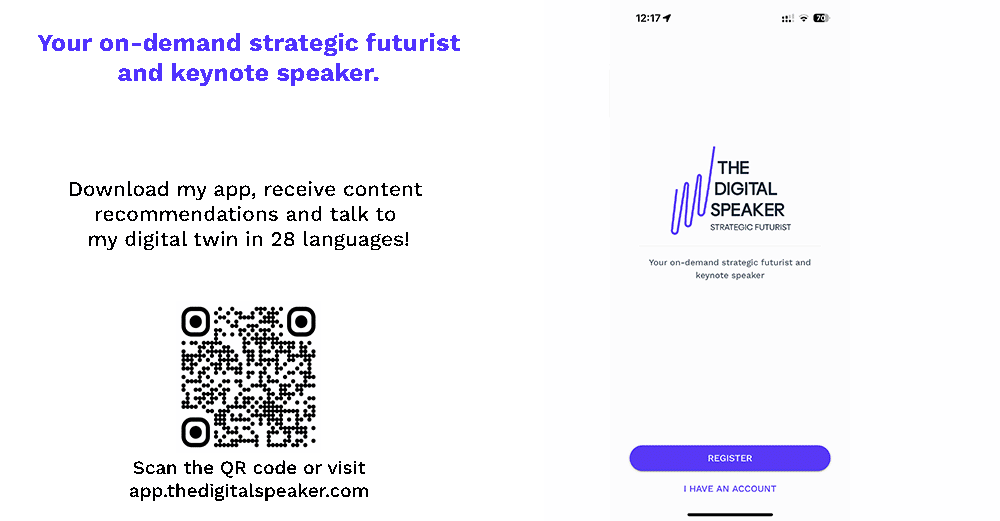
Download the full 2024 Top Ten Technology Trends Report
Know someone who needs the Synthetic Minds?
Forward it to someone who might like it too.

